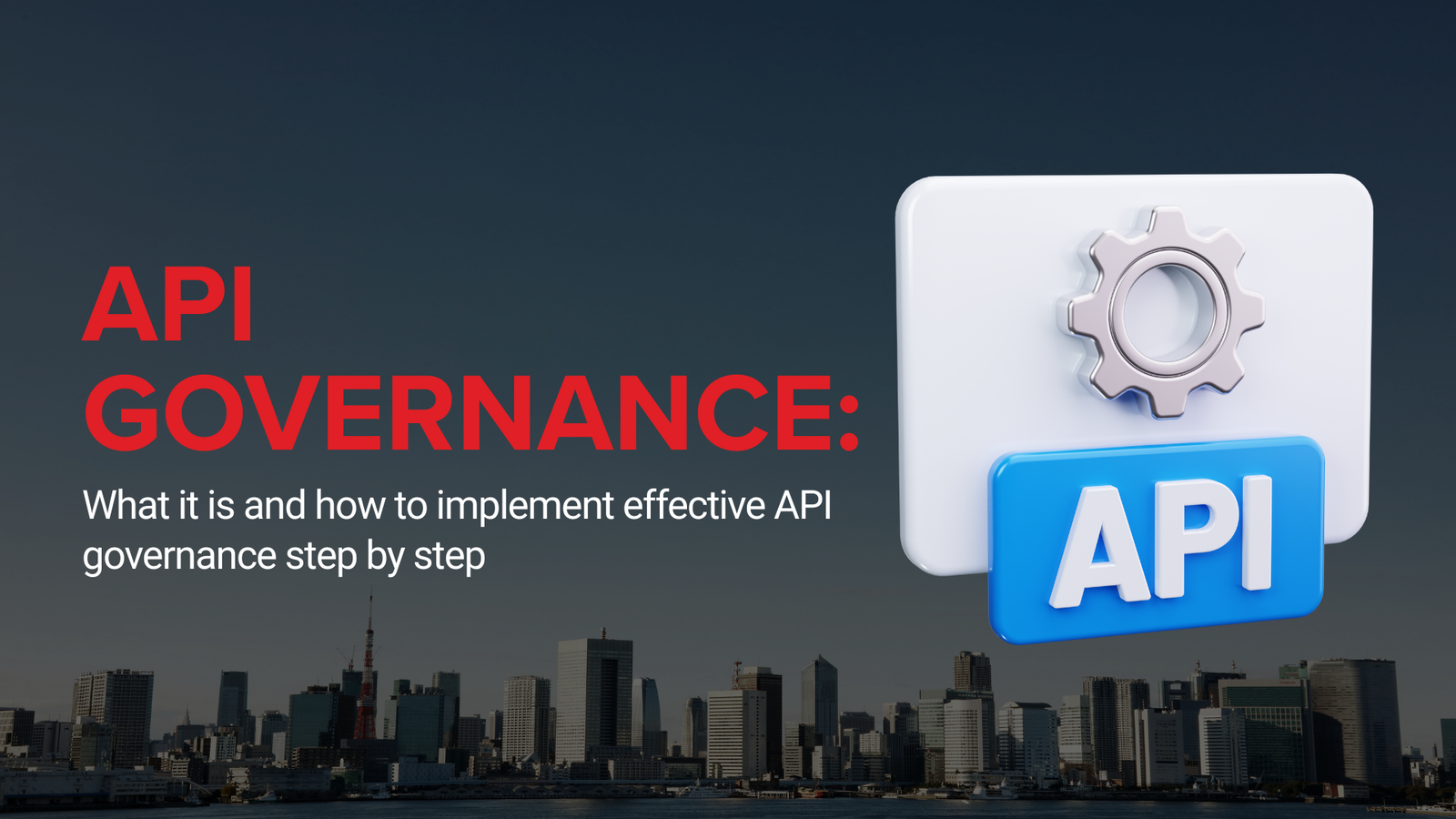Interoperability is increasingly beginning to be established in more and more sectors of various kinds, due to the great benefits it brings to many industries, companies and the public sector.
Before delving into how interoperability ensures the success of data exchange in the health sector, we must remember what we mean by interoperability: “The capacity of two or more information systems, or components that allows the exchange of information and use of it, between the different systems, favoring synchronization between all parties.”
Having interoperable systems in the health sector greatly facilitates communication, and the exchange of information between all parties. One of the biggest beneficiaries is patients. Thanks to interoperability, they can enjoy greater and better protection and security.
1. IT Interoperability within connected Healthcare sector
“A connected healthcare solution for community nurses could result in up to a 60% reduction in paperwork time and a 29% increase in patient face time, plus up to two extra patients per nurse seen daily
1.1 Integrated data
The healthcare system is complex and highly fragmented. Insufficient or untimely data in a fragmented system can lead to serious medical errors that can cost lives. Sharing accurate and up-to-date patient information can mitigate this risk.

Figure 1. Integrated data
A patient-centric integrated healthcare landscape can significantly increase the effectiveness of healthcare in any country int he world. Many opportunities arise from this such as:
- Connecting providers around the patient.
- Quality healthcare by following up on outpatient visits and progress checks.
- Follow ups and reminders for the “connected patient”.
- Patient historical medical data analysis and correlation.
- Data-driven decision making to eliminate error.
- There are many more opportunities beyond these when exploring what an integrated healthcare landscape could look like.
2. A Reference Architecture for the connected Healthcare Industry

Figure 2. Architecture for the Healthcare Industry
“Interoperability now the top priority for Healthcare Systems IT Leader”
The Solution – An interconnected, co-ordinated digital healthcare platform powered by WSO2 Integration and Interoperability are the cornerstones of digital transformation. In an era where new technology is accelerating and disrupting, it’s important that healthcare organisations are agile, able to leverage the benefits of the latest advancements to provide the best experiences and make the correct decisions.
WSO2 is a technology suite that can be used to provide a complete digital platform for interoperability. These tools provide a host of capabilities such as Application Sharing, Document Exchange and Data Sharing that can be leveraged to allow systems to communicate with each other and provide data to consumers such as patients, healthcare professionals and research groups.
“Open APIs will play a central role for providers, pacients, or any healthcare enterprises that intend to better utilize their data and pursue development efforts that make them more responsive and adaptable to the demands of a post-pandemic healthcare system. Open APIs in Healthcare: The Future of Data Integration Report by Chillmark Research, July 2020”
3. WSO2 Solutions for the connected healthcare
- WSO2 Enterprise Integrator is an agile, hybrid integration platform for quick, iterative integration of any application, microservice, data, or system. It is used by hundreds of customers to integrate across disparate systems, protocols and standards. WSO2 EI effectively addresses integration standards and supports all integration patterns.
-You may be interested: Installation Guide and Quick Start with WSO2 ESB

Figure 3. WSO2 Enterprise Integrator
- WSO2 API Manager is an approach that addresses full API lifecycle management, monetisation, and policy enforcement. Security is paramount when data from backend systems is exposed via APIs, WSO2 API Manager provides full and granular access control with analytics. API Marketplaces can be created allowing patients, staff and 3rd parties to subscribe to data resulting in improved collaboration and decision making.
- WSO2 Identity Server is a uniquely flexible identity and access management (IAM) product, optimised for single sign on, with full support for adaptive and strong authentication. Identity Server helps federate identities, secure access to web/mobile applications and endpoints, and bridge versatile identity protocols.
- WSO2 Stream Processor is a cloud native and lightweight stream processing platform that allows the analysis, processing and intelligent response to events in real time.
4. Managed Services iPaaS: The guarantee of Interoperability
The Chakray Integration Platform as a Service (iPaaS) brings together the best elements of the WSO2 product stack to provide a simple and secure cloud-based service for all of your interoperability needs. We will work with you to help define the business processes and data flows and build all the system connectors you need. Once up and running we then ensure the availability and integrity of your services using our sophisticated monitoring and alerting system.

Figure 4. Chakray iPaas
Adopting a managed iPaaS will deliver many benefits including:
- Predictable costs
- An easily measured Return on Investment
- Guaranteed service delivery against SLA’s
- Enhanced security
- Removal of dependency upon internal skills
If you have a mature interoperability development team in-house we also provide the platform as an iPaaS-only option. This means you maintain the flexibility to develop and support your own integrations, API’s and system connectors.
If you want to know how Chakray can help you to adopt those solutions for the connected healtchare sector, then contact us!







